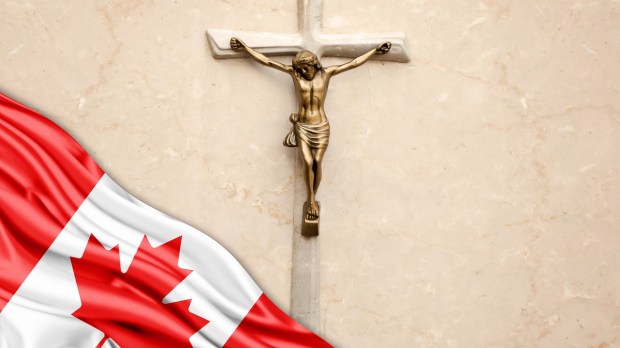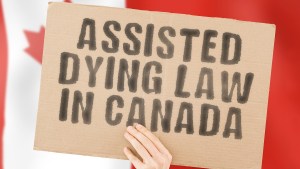Lenten Campaign 2025
This content is free of charge, as are all our articles.
Support us with a donation that is tax-deductible and enable us to continue to reach millions of readers.
Archbishop J. Michael Miller of the Archdiocese of Vancouver has hailed the decision of the Canadian government to pause the expansion of the nation’s Medical Assistance in Dying (MAiD) program. Canadian lawmakers recently explained that the nation had not properly prepared for the expansion, originally scheduled for March 2024, which would have expanded MAiD to provide euthanasia for patients who suffer from mental illnesses, even if they do not have a terminal disease.
In a January 29 statement, Health Minister Mark Holland explained that one reason for the delay is that Canada simply did not have enough active mental health professionals to provide diagnoses for mental health patients who pursue MAiD. While the minister admitted that more time would be needed to properly prepare for the expansion, he also made it clear that this is merely a pause to the proceedings, but they will go through eventually.
No amount of preparation can make it a good idea
Archbishop Miller responded to the announcement by welcoming the delay, but he went on to voice his displeasure that it was only temporary. He cited a previous delay to MAiD’s expansion before suggesting that the problem may be that there is no amount of preparation that can be made that would turn a bad idea into a good idea.
“Now, it’s admitting there still hasn’t been enough preparation,” he said. “There will never be enough preparation for taking the lives of individuals suffering from mental illness, and Canadians have repeatedly said they want to see improved mental health care for mental illness, not death.”
BC Catholic notes that an autumn 2023 poll from the Angus Reid Institute found that only about a quarter of Canadians (28%) support the expansion of MAiD for those with mental illnesses. Meanwhile 82% of respondents felt that these efforts should be put towards expanding the nation’s mental health care, to support rather than kill those with mental illnesses.
In October 2023, Aleteia reported on another study from Angus Reid that saw high support from Canadians for religious and moral objections to MAiD. Nearly three-in-five (58%) of respondents believe that religious healthcare facilities sponsored by people who are opposed to euthanasia should not be forced to offer MAID services. Furthermore, nearly half (47%) cited their understanding or support of conscientious objectors to Medical Assistance in Dying.




